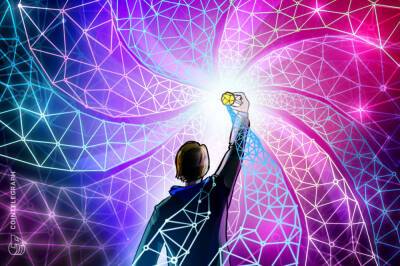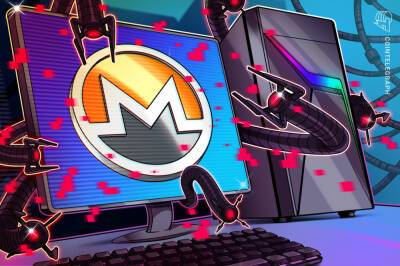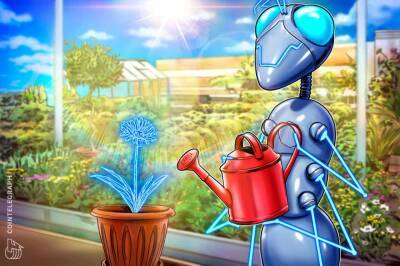Cryptopedia: Learn about Web3 and how it aims to transform internet services
In the newest episode of Cryptopedia, Cointelegraph's Jackson DuMont dissects Web3 and gives an insightful overview of how the next generation of the internet works. DuMont discusses the basics of Web3 and how it’s different from its predecessors Web1 and Web2.
Web1 was the first version of the internet, which occurred from 1991 to 2003. It involved static and read-only HTML web pages with simple design, and DuMont described Web1 users as only "consumers of content."
On the other hand, Web2 brought innovations like images, videos, applications, games and ads. The second iteration of the internet relied on the exchange of information between companies and users and has developed a centralized social ecosystem.
The term Web3 was first used by one of the Ethereum founders, Gavin Wood, back in 2014. He described this version of the web as decentralized and blockchain-based with technologies that verify information through various protocols.
With Web1 being past and Web2 being the present, Web3 opens the way to a futuristic version of the internet that is more decentralized and secure. DuMont summarized Web3 as a “read, write and own” phase of the internet.
Related: What the hell is Web3 anyway?
While Web3 is described a decentralized and owned by the people, the current iteration of the supposed third generation of the web is criticized for being centralized and owned by venture capitalists and not the people. Back in 2021, Twitter co-founder and former CEO Jack Dorsey warned people that companies own Web3. “You don't own Web3,” he wrote.
Despite the criticism, companies still continue to build and put money into the development of Web3 infrastructures. In March, Web3 giant Animoca Brands started to target social media giants in
Read more on cointelegraph.com
 cointelegraph.com
cointelegraph.com










